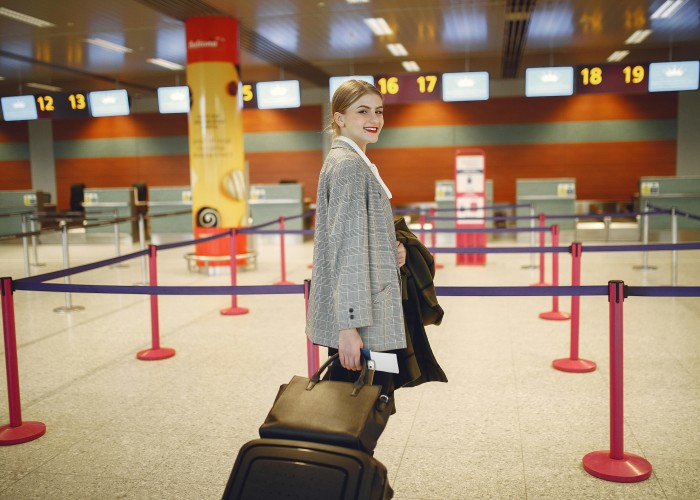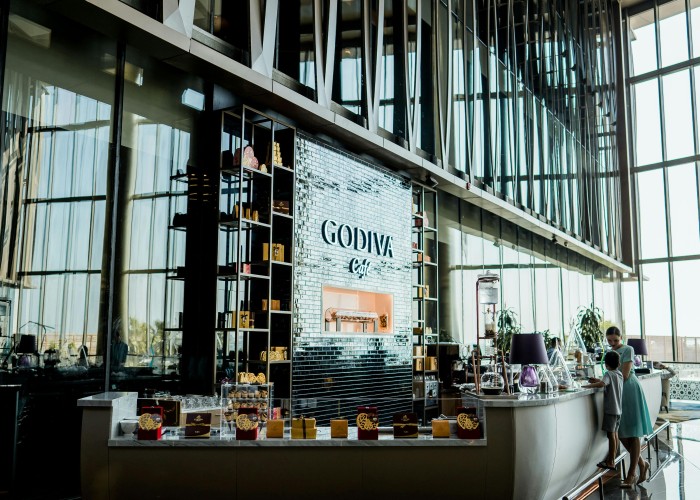Traveling to a new country always comes with its fair share of challenges. And one of the most common concerns for travelers is the language. Switzerland, despite being small in size, is a linguistic patchwork. With four official languages and countless regional dialects, it’s natural for first-time visitors to feel a bit overwhelmed. Language Barriers in Switzerland.
But here’s the good news: overcoming language barriers in Switzerland is not as difficult as it may seem. Whether you’re planning a switzerland tour package, creating your own custom itinerary, or considering a broader switzerland europe tour, knowing a few key tips can go a long way.
In this blog, we’ll break down how language works in Switzerland, which languages are spoken where, and what you can do to communicate effectively — even if you don’t speak German, French, or Italian.
For more travel insights, visit our regularly updated blog or learn more.
Understanding the Language Map of Switzerland
Switzerland is unique in many ways, and its multilingual identity is one of them. Unlike countries with one dominant language, Switzerland officially recognizes four national languages:
- German – Spoken by around 60% of the population. Common in Zurich, Bern, Lucerne, and much of central and eastern Switzerland.
- French – Spoken in western Switzerland, including cities like Geneva, Lausanne, and Neuchâtel.
- Italian – Spoken in the southern region, mainly in the canton of Ticino and parts of Graubünden.
- Romansh – A rare language spoken by less than 1% of the population in some areas of eastern Switzerland.
Now, if you’re planning a swiss trip package, chances are you’ll be visiting multiple regions. That means moving between different language zones — sometimes even on the same day. But don’t worry, locals are used to the diversity and are usually very helpful to tourists.
Do Swiss People Speak English?
One of the first questions most travelers ask is, “Will I be able to get by with just English?”
Yes, in most cases, you will. Especially in tourist-friendly cities like Zurich, Geneva, Lucerne, and Interlaken, a large percentage of people in hospitality, retail, and transportation speak English.
However, in rural areas or smaller towns, English may not be as widely spoken. That’s where a little effort on your part can make all the difference.
Common Travel Scenarios and How to Handle Them
Whether you’re on a switzerland land tour package or exploring on your own, here are some practical tips for handling common situations where language might be a barrier.
1. Ordering Food
Menus in big cities are often available in English, but not always in smaller cafes or mountain towns.
Tips:
- Look for picture menus or ask for recommendations by saying “What do you recommend?”
- Use translation apps to quickly scan a menu.
- Learn a few basic food-related words in German, French, or Italian depending on where you are.
2. Using Public Transport
Swiss public transport is one of the best in Europe, but it helps to know some key terms when reading signs and schedules. Fortunately, most machines have English options and station staff are usually helpful.
Tip: If you’re using regional trains on a package trip to Switzerland, plan ahead using maps or apps with multilingual support.
3. Asking for Directions
If you’re unsure how to say something, just start with:
“Do you speak English?” – It’s polite, and many locals appreciate the gesture before launching into a question. Language Barriers in Switzerland.
How to Prepare Before Your Trip
Even if you’re not booking full swiss tour packages, preparing in advance will make your travel smoother.
1. Learn Key Phrases
You don’t need to be fluent, but learning a few local phrases can go a long way. Here are a few that can help:
In German-speaking areas:
- Hallo (Hello)
- Danke (Thank you)
- Bitte (Please/You’re welcome)
- Wo ist…? (Where is…?)
In French-speaking areas:
- Bonjour (Good day)
- Merci (Thank you)
- S’il vous plaît (Please)
- Où est…? (Where is…?)
In Italian-speaking areas:
- Ciao (Hello)
- Grazie (Thank you)
- Per favore (Please)
- Dove si trova…? (Where is…?)
Even a simple thank you in the local language can turn an ordinary interaction into a friendly one. Language Barriers in Switzerland.
2. Use Translation Apps
There are several reliable apps that can help with real-time translation. Many allow you to take a photo of signs or menus and translate them instantly — useful while navigating without relying on others.
3. Download Offline Maps
Language barriers become harder when you’re lost. Download maps of the cities you’re visiting before arrival. This is especially useful if you’re on a switzerland couple package and exploring places like Grindelwald or Zermatt, where signage might not always be in English. Language Barriers in Switzerland.
Dealing with Medical or Emergency Situations
Hopefully, your trip goes smoothly. But in the rare event that you need medical help, clear communication is key.
Tips:
- Carry a card with your basic medical information in multiple languages.
- Know the emergency number in Switzerland: 144 for medical emergencies.
- In hospitals, staff are more likely to speak English, but having your insurance details handy helps speed up the process.
For more travel safety tips, check out our blog.
Language Tips for Different Types of Travelers
For Budget Travelers
If you’re not relying on curated vacation packages to Switzerland and choosing a DIY route, you’re more likely to visit off-the-beaten-path spots. Learn more local phrases and prepare printed directions or instructions in the local language to show people if needed.
For Couples
If you’re exploring on a switzerland couple package, consider taking a short language class together or practicing daily words during your trip. It makes the experience more immersive and memorable.
For Group Travelers
Groups often rely on a guide, especially in structured swiss holidays packages. Still, it’s smart for each member to know some key phrases — especially if the group splits up for sightseeing.
Cultural Sensitivity Goes a Long Way
Language isn’t just about words — it’s about connection. Even if you struggle with pronunciation or grammar, trying to speak the local language is seen as a sign of respect.
Some simple tips:
- Smile when you ask for help.
- Speak slowly and clearly — locals will appreciate your effort.
- Don’t assume everyone understands English; always ask first.
Remember, the goal is not perfection. It’s communication.
Final Thoughts: You Don’t Need to Be Fluent, Just Friendly
Language barriers can seem intimidating, especially in a multilingual country like Switzerland. But they shouldn’t stop you from enjoying everything the country has to offer — from the peaceful lakes of Lucerne to the snowy peaks of the Matterhorn. Language Barriers in Switzerland.






Leave a Reply